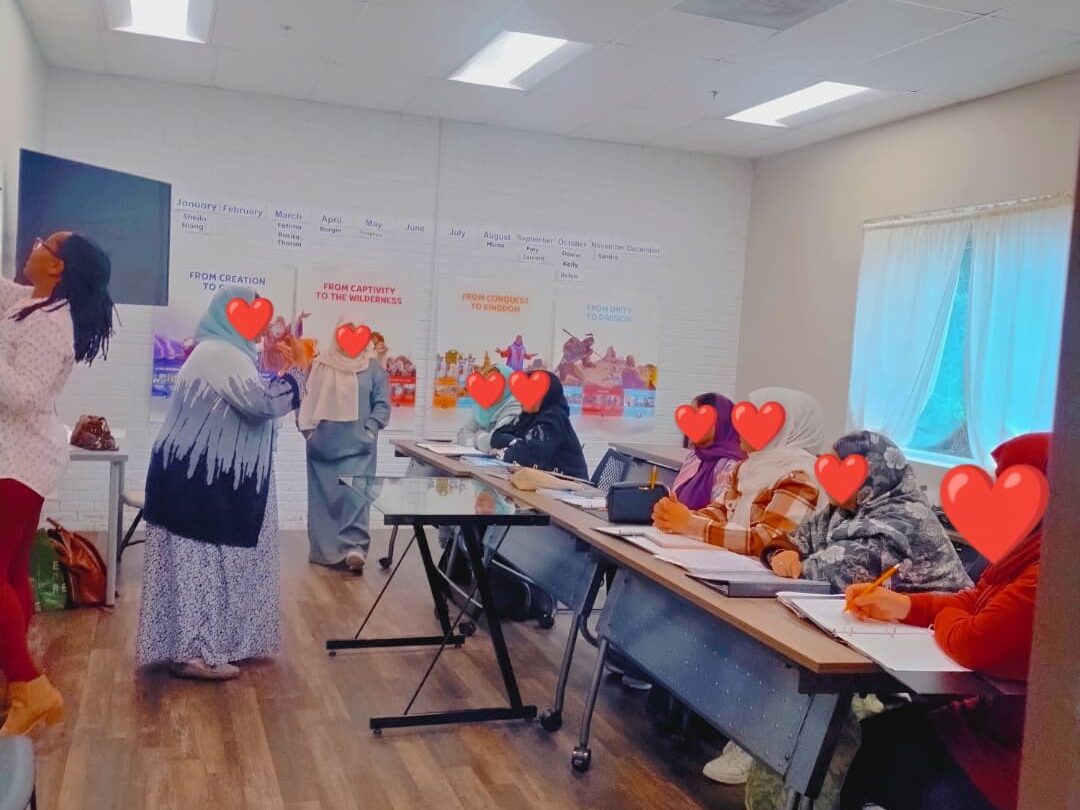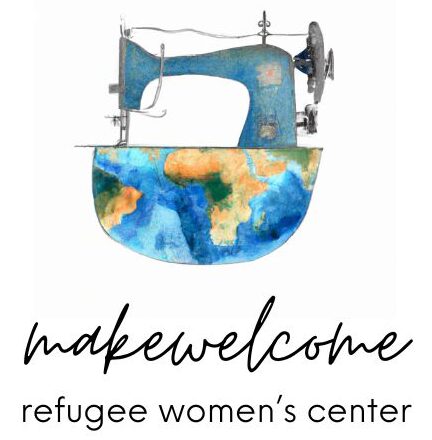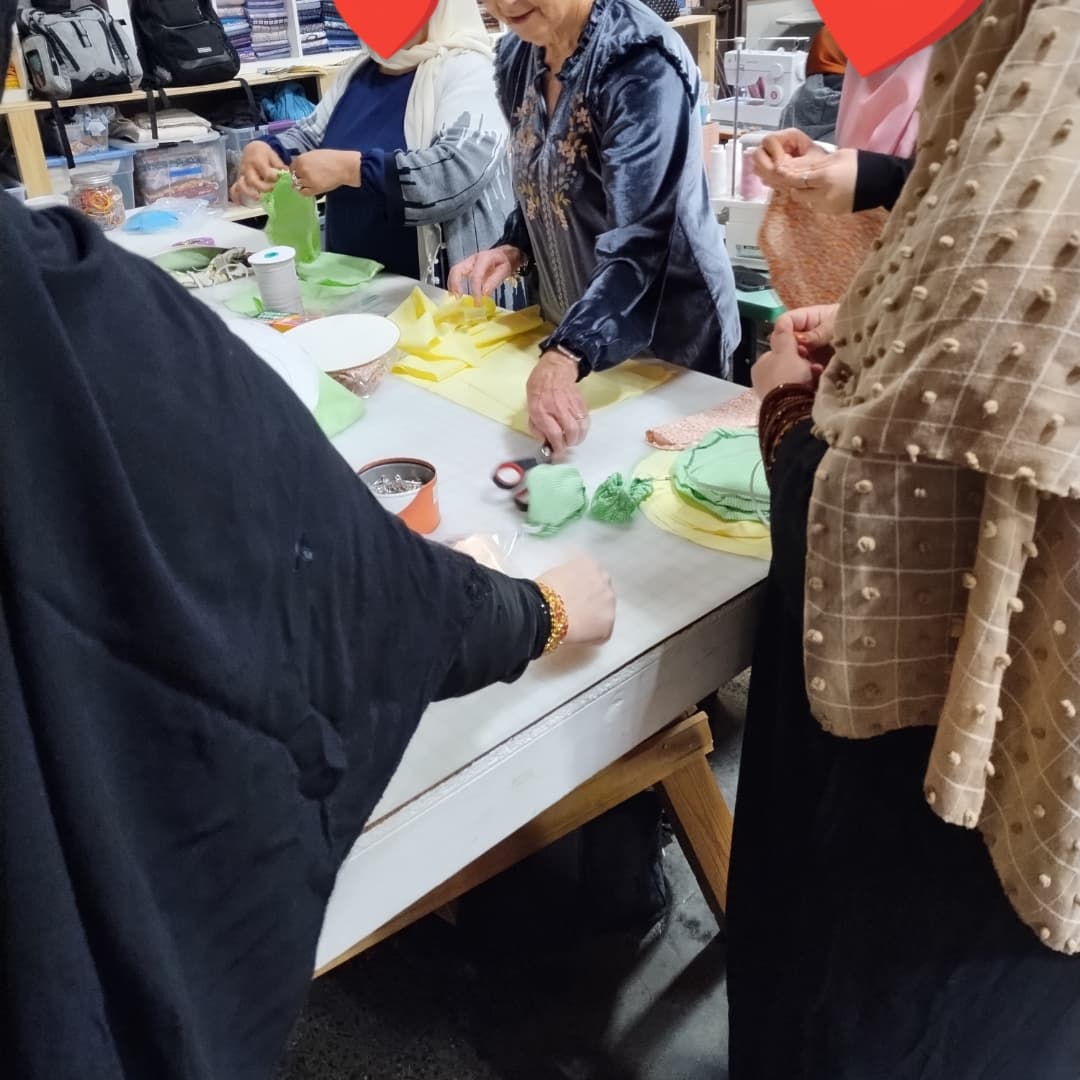“My heart felt so heavy, teacher. I felt like I could hardly breathe.” I sat after class talking to a student recently about her health issues. She’s being dealing with some long term problems, but told me that they were exacerbated by loneliness. “When my husband is at work and my children at school, I am so sad. So lonely.” Most refugee women come from highly relational cultures, places where the community values togetherness over efficiency and privacy. When women arrive in America, they’re often shocked by how lonely life is here.
This solitary existence is a part of much of western culture that looks to achievement and personal satisfaction to measure life success. As the NY Times recently reported, our nation’s happiness ranking has again slipped and this is evidenced by the growth of solo dining, people eating alone without community. “The extent to which you share meals is predictive of the social support you have, the pro-social behaviors you exhibit and the trust you have in others,” Jan-Emmanuel De Neve, a University of Oxford professor and an author of the report, said in an interview.
If lack of community is taking its toll on famously individualistic Americans, the effects are even more deleterious for those used to living with extended family and being surrounded by friends and neighbors who could drop by at any time. (Culture note: When I try to make an appointment to visit Afghan friends, they’ll often laughingly say to me, “Just come to my house. It doesn’t matter what the time is.”) Women who have experienced trauma during their refugee flight, have been separated from beloved family members, who struggle with cultural differences, who have no car to easily go to visit friends – this loneliness can be almost overpowering.
Women will beg me to join a class, saying, “Please let me come! I must get out of my house or I will go crazy.” I’ve heard this refrain so many times now, I often premptively ask a woman experiencing depression, “Are you lonely?” The answer is usually a resounding yes.

Sewing class, digital literacy class, pre-literate ESL practice, tea time & conversation – all of our programs are designed to foster connection and to build friendship. My friend who is experiencing the health issues concluded our conversation by telling me, “I was so sad the other day, and then I remembered that sewing class was on Thursday! That made me feel better because coming to sewing class makes me happy.” Another woman echoed those sentiments, saying, “When I first came to Charlotte, I didn’t know any other women from my culture. But you invited me to classes and I met so many women, so many friends. I am very happy here.”
As we continue to grow our programming, we never want to lose this part of our DNA – that’s why we don’t let classes get too large, and why we don’t have a “quick” program for skills building. Intentional time together is a key that takes us from just being a class and instead transforming into a community


